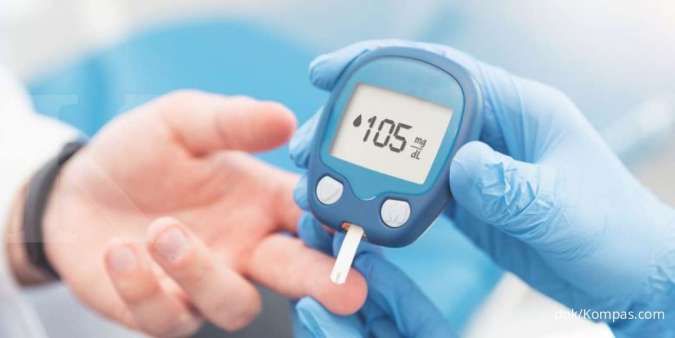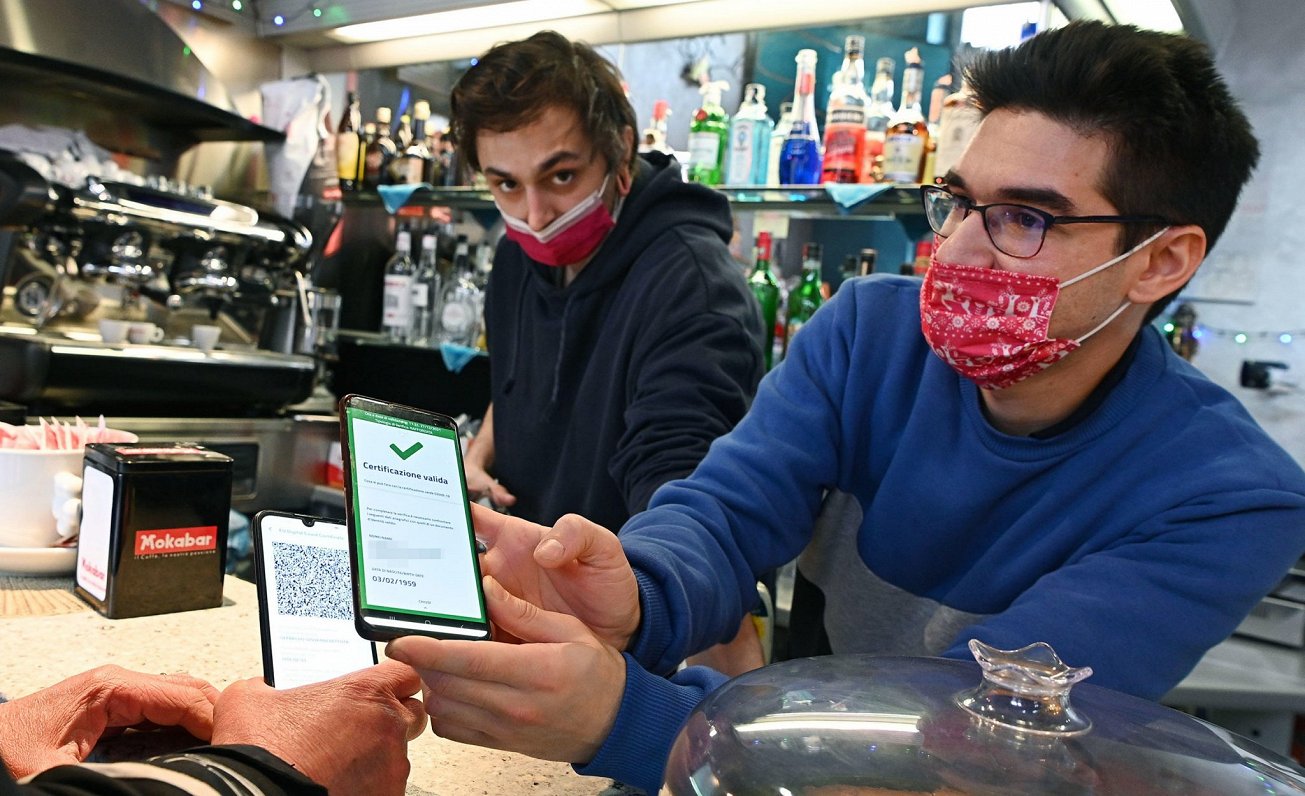KONTAN.CO.ID – JAKARTA. Diabetes, a disease that should not be taken lightly. Identify 8 causes of high blood sugar.
Diabetes is a disease that causes blood glucose to reach dangerous levels.
Also Read: Here are the rules for consuming bananas to lower high blood pressure
If a person does not control these blood sugar levels, complications can develop.
People with diabetes need to monitor blood sugar levels carefully to avoid spikes.
As is known, glucose comes from food. Glucose is a simple sugar that serves as the main source of energy for the body.
Under normal conditions, the pancreas can secrete the hormone insulin which functions to make cells more sensitive to glucose.
The cells then draw glucose from the blood, reducing the impact of the spike in blood sugar.
But in people with diabetes, the pancreas cannot produce insulin or the cells develop resistance to insulin.
As a result, glucose remains in the blood, keeping blood sugar levels high.
Persistently high blood glucose levels can lead to complications of diabetes, including nerve damage, vision loss, kidney damage, kidney problems, and an increased risk of cardiovascular disease.
Causes high blood sugar
People with diabetes need to be very careful about keeping their blood sugar levels under control and avoiding spikes in blood sugar.
Here are some conditions that can cause blood sugar to rise to watch out for:
1. Poor diet
Reporting from Medical News Today, foods high in sugar or carbohydrates are more likely to increase blood sugar levels.
One way to track how a particular food will affect blood glucose is to look at the glycemic index (GI) rating.
The glycemic index rating indicates the extent to which the carbohydrates in a particular food will affect blood sugar levels.
The higher the glycemic index of a food, the faster it can affect blood sugar levels. Foods with a high glycemic index include:
- Roti bagel
- Popcorn
- Crackers
- White rice
- white bread
- Potato
- Soft drink
- Sweet drinks
A person with diabetes should try to prioritize the consumption of foods with a low glycemic index.
2. Lack of physical activity
Having a sedentary lifestyle can cause spikes in blood sugar levels.
On the other hand, exercise that is too difficult or strenuous can trigger physical stress which can also trigger a spike in blood sugar.
People with diabetes need to get regular light to moderate exercise, not push too hard.
3. Smoking
Smoking can make it difficult for the body to keep blood sugar levels within a normal range.
A person who smokes must stop doing these activities that are detrimental to health.
Your doctor or local health service can provide resources to help someone quit smoking.
4. Stress
When under a lot of stress, the body produces certain hormones like cortisol which can increase glucose and reduce the effectiveness of insulin.
As a result, more glucose remains in the bloodstream.
Finding ways to manage stress levels, such as yoga or meditation is very important for people with diabetes.
5. Sleep problems
Lack of sleep can be very bad for people with diabetes because it can increase blood sugar levels.
Therefore, people with diabetes in particular, need to maintain quality sleep because it can have a good impact on health in various ways.
6. Drug side effects
Some medications can cause blood sugar levels to rise. This can include:
- Corticosteroids
- diuretic
- Some blood pressure medications
- Some antidepressants
A person with diabetes should tell a doctor if using any of these types of medicine.
In addition, taking the wrong insulin dose or skipping a dose can also cause blood sugar levels to spike for diabetics.
Diabetes management requires special timing for anyone taking insulin or non-insulin medications.
7. No current brushing and flossing
According to WebMD, if you have diabetes, you are more likely to develop gum disease, also known as gingivitis.
Meanwhile, serious gum disease can make it difficult for you to control your blood sugar.
Like all infections, gum disease can cause your glucose to spike.
That in turn can make other infections more likely.
Inflamed or infected gums can also cause your body’s defense system to overwork.
This condition can make it harder for your body to keep insulin and blood sugar under control.
If you have diabetes, it’s a good idea to not only brush and floss your teeth, but also to rinse your mouth with an antiseptic mouthwash every day.
In addition, try to continue to regularly check your dental and oral health to the dentist, while continuing to strive for good management of blood sugar levels.
8. Dehydration
When you are dehydrated, your glucose may be higher than normal.
Therefore, it is important for everyone to maintain their water intake. Drink at least 8-9 glasses of water a day.
Symptoms of high blood sugar
Learning to recognize the symptoms of hyperglycemia (high blood sugar) can help you control your diabetes.
Reporting from Health Line, some people with diabetes immediately feel the symptoms of high blood sugar, but others go undiagnosed for years because the symptoms are mild or not clear.
Symptoms of hyperglycemia usually begin when your blood glucose exceeds 250 milligrams per deciliter (mg/dL).
Symptoms can get worse if you don’t get them under control. Symptoms of high blood sugar can include:
- Frequent urination
- Fatigue
- Increased thirst
- Blurred vision
- Headache
Someone who experiences these symptoms, should be able to immediately check blood sugar levels and consult a doctor. (Irawan Sapto Adhi)
This article has been published on Kompas.com with the title “8 Causes of Rising Blood Sugar that Need to be Watched“,
– .


